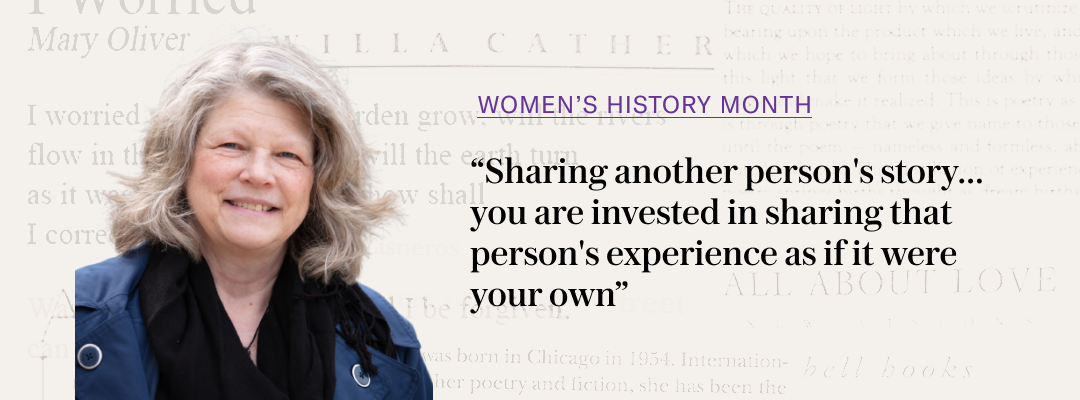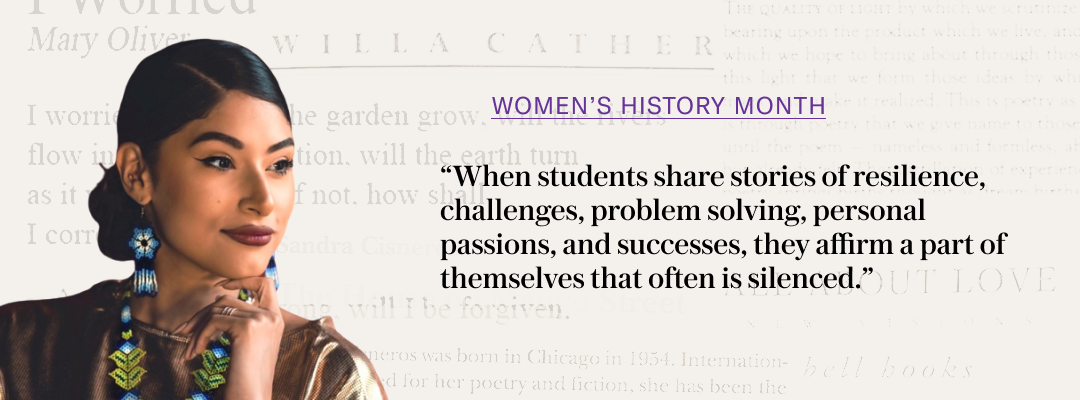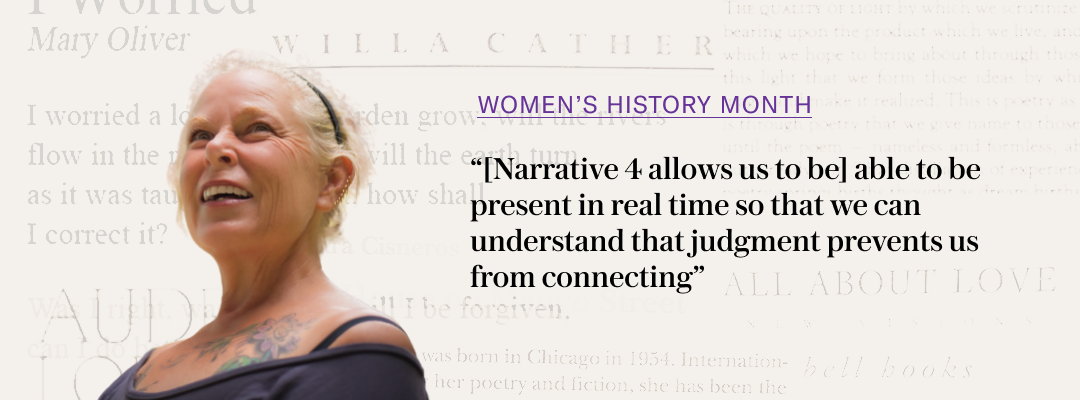Blog, In the News
N4’s First Story Exchange in South Korea
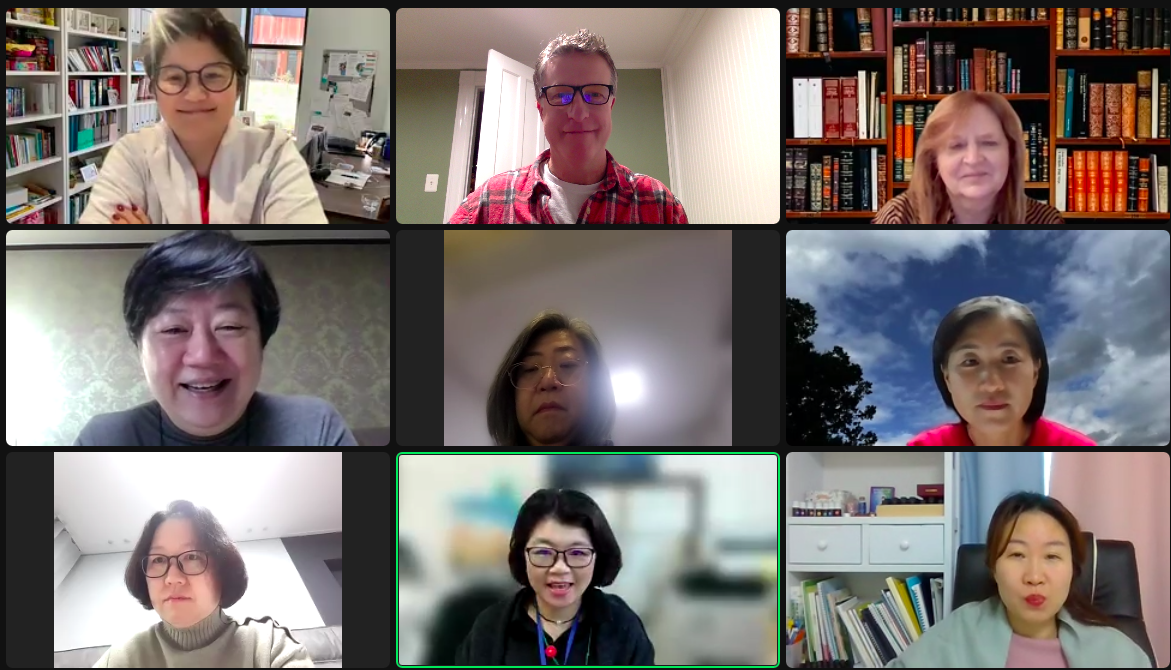
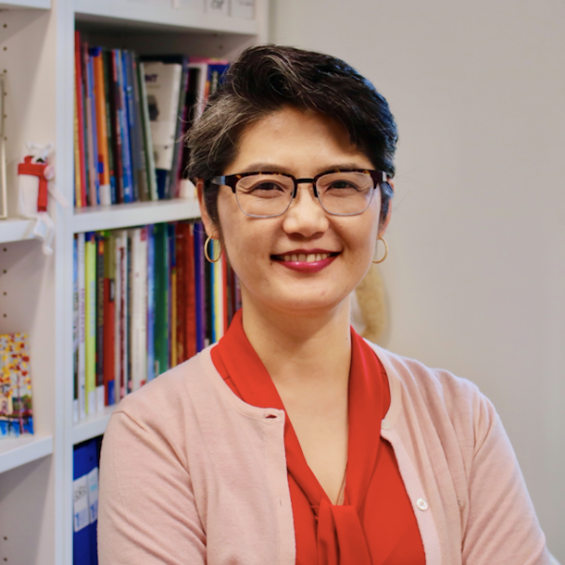
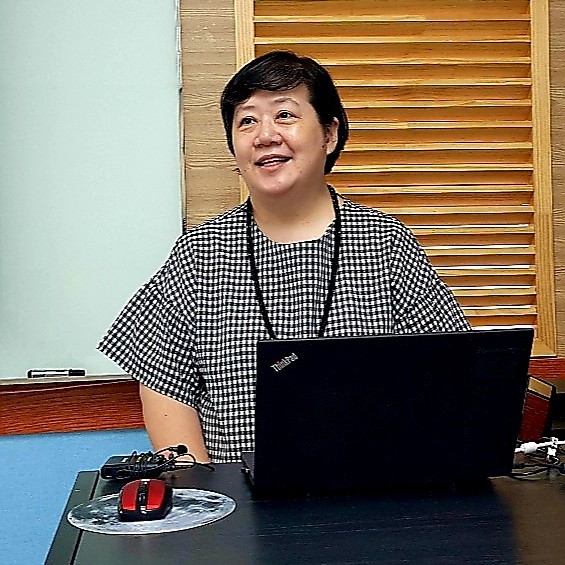
This month we chatted with Rosa Junghwa Hong, N4 Master Practitioner and Associate Professor of the French Program at the University of Toronto Mississauga and Daeyoung Kim, a Visiting Professor at the Seoul National University of Science and Technology, who recently facilitated Narrative 4’s first virtual Story Exchange in South Korea!
N4: How did you two meet? What inspired you to do this Story Exchange? How did you choose the participants?
Rosa Junghwa Hong: I have been offering Story Exchanges in French and English since 2017, mostly at my university. I was also looking for ways to take N4 to Korea, my native land. So, when Lee Keylock introduced me to Daeyoung for a chance to facilitate Story Exchange in Korean, I was ecstatic to say the least. Daeyoung assembled a group of inspiring social and education activists who are deeply invested in creating better communities for youth in Korea.
Daeyoung Kim: In April 2021, I took the N4 Facilitator Training as part of Six Seconds’ Climate of Emotions conference. The feeling that I got from my first Story Exchange was so powerful, I dreamed of the day I could introduce it to Korean leaders. I handpicked each of the participants. I have seen them try innovative approaches to the issues and challenges they face when trying to engage more citizens in their social cause. I believe when people experience empathy toward those challenged in social justice, they will take action from their heart, not just from information or facts.
N4: This was our first Story Exchange in South Korea. Can you tell us why or how you thought the exchange would benefit the community?
RJH: Some would describe 5000 year-long Korean history as one filled with conflicts, wars, divides, and struggles. Some focus on the recent economical rise, proactive appropriations of western political and social tenets, or cultural surge propelled by the rising popularity of K-cultures. Whatever Korea looks like to you, in the heart of its portrait, there is a country of people who saw themselves as part of the nature, believed in the mankind, thrived in the community, treasured arts and literature, and were naturally curious, resilient, and empathetic. It’s the country of the “Annals of the Joseon Dynasty”, the longest documentation of a dynasty in the world for its 1893 volumes recording from 1392 to 1865, just to show how much Koreans love stories. Like every other nation in the world, Koreans are currently traversing a difficult period that forces them to set aside their true “Koreaness”. Learning to tell their stories again and be “empathetic to yourself and others” will restore some of their forgotten national and natural ethos.
DK: People often feel alone in a crowd. The number of young people suffering from anxiety and depression has increased 50% over the past four years. This data is from Koreans in their 20s and 30s. My heart was broken to read this government report. When they have at least one person who truly listens to their stories, I am sure that they will regain their strength and prevent burnout. In a hierarchical society like Korea, unfortunately, it is rare for us to listen to others without any judgment. The Story Exchange is an environment where just listening to each other is more than enough.
N4: What was your favorite moment from the exchange?
RJH: My favorite moment of this Story Exchange—in fact, that of all exchanges—is when a main theme surfaces itself, magically and intuitively, in spite of the great variety of stories.
DK: All of the participants met each other for the first time during the workshop. When we shared feedback to close the session, they all said that they felt like they have known each other their whole lives. Just one story connected us. Just deep listening melts down any distance.
N4: Do you have any next steps planned?
RJH: I hope to support N4 Korea’s future endeavours as actively as I can, starting with translating N4-produced materials into Korean and maybe finding more opportunities for public engagement.
In 2023, I also hope to boost more activities with N4 France cohort’s wonderful members. We’ve already established a network and some of its members have collaborated. For instance, Dr. Angela Leruth did a presentation on N4 at the American Association of Colleges and Universities (AAC&U) conference. Grace Fahey and I discussed a joint project, and we are organizing a hybrid meeting in Paris. The most immediate project is designing N4-informed teaching modules for higher education settings, using N4’s methodology as a comprehensive second language teaching modality.
DK: In February, I am planning to have a 2nd Story Exchange session. My colleague in Australia is going to be a co-facilitator with me. We are designing a Korea-Australia session. In March, I am scheduled to lead a Story Exchange session with a very impactful NGO in Korea.
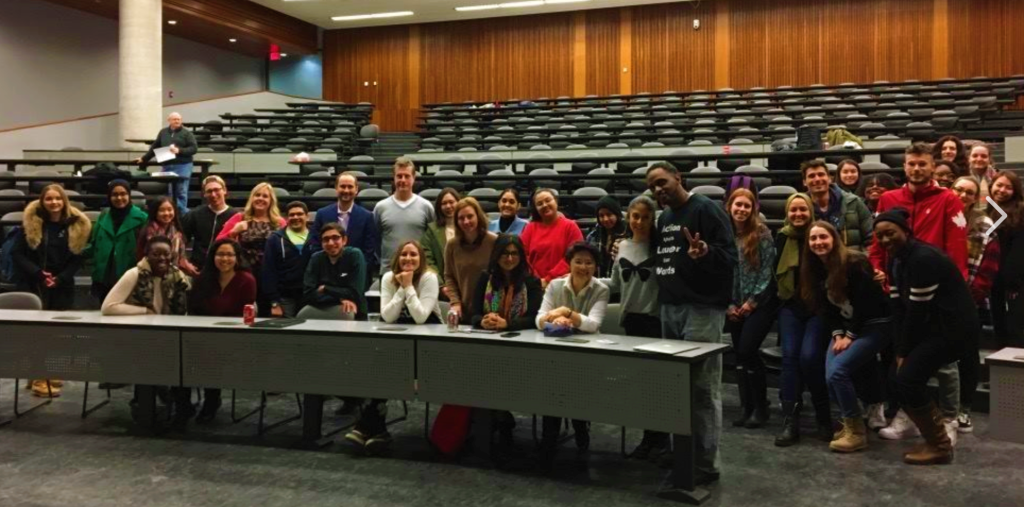
N4: Is there anything else you’d like to share with our readers?
RJH: First, I’d like to welcome N4 Korea. It has been a dream of mine ever since my conversion to N4. Leading a session in my mother tongue was an emotional experience, a story of its own. A bouquet of thanks to Deayoung for doing the field work!
N4 Canada and N4 France are very enthusiastic and active yet, we still remain somewhat the hidden gems of N4 community worldwide. We welcome new and returning members from the regions or other parts of the world. We speak both English and French!
DK: Three of the participants belong to Danwon FM, an independent radio station which amplifies the voice of diverse ethnic groups in Korean society. I am proud of what they do and would like to share it in the world.
I would also like to introduce your stories to my community who are interested in meeting people in different cultures. When we show how much we appreciate our differences, we become examples of inclusion. If you are interested in sharing stories with the Korean community, please contact me.
